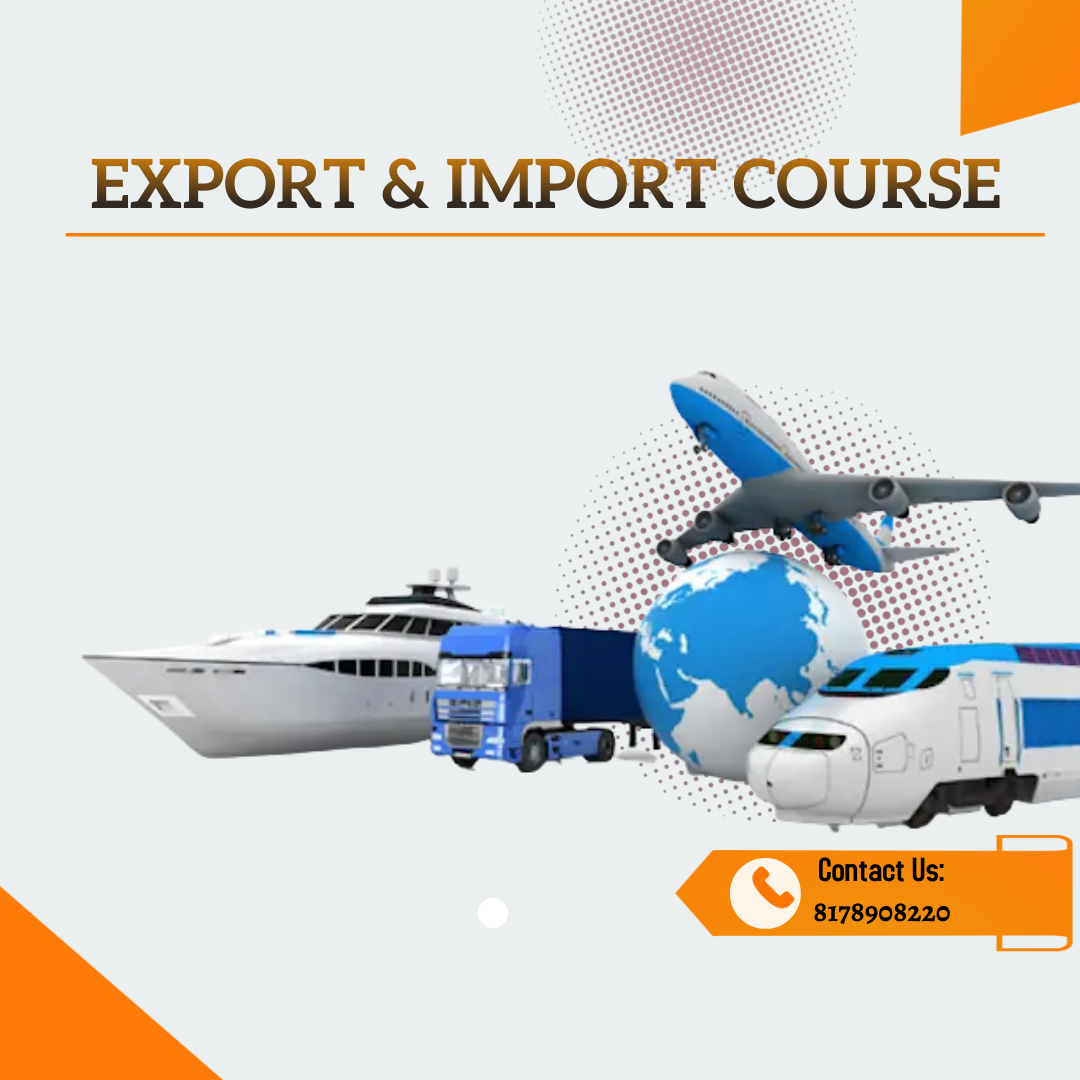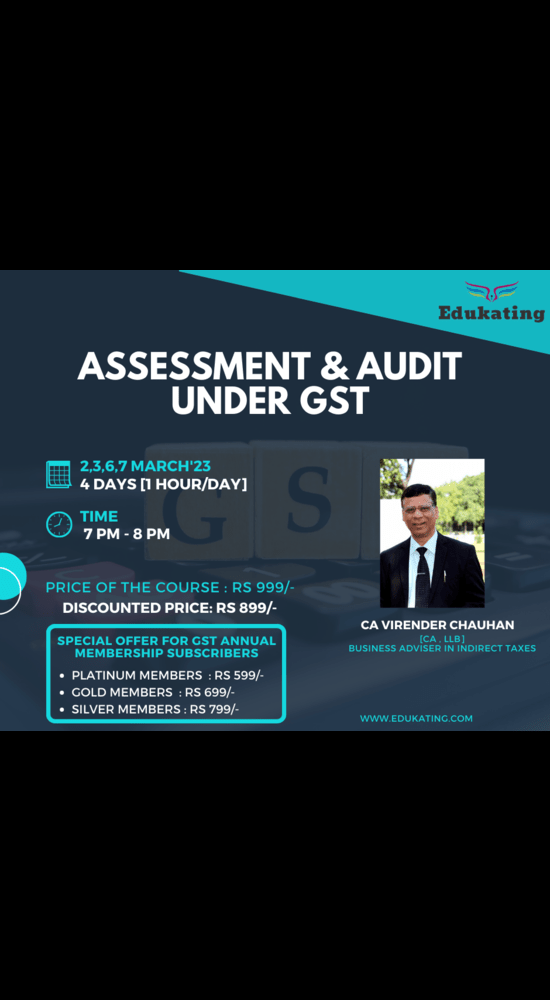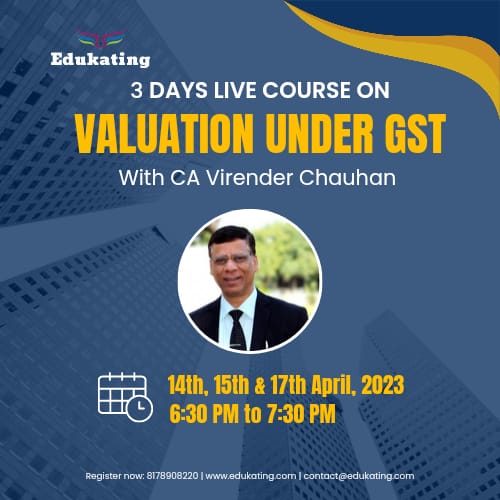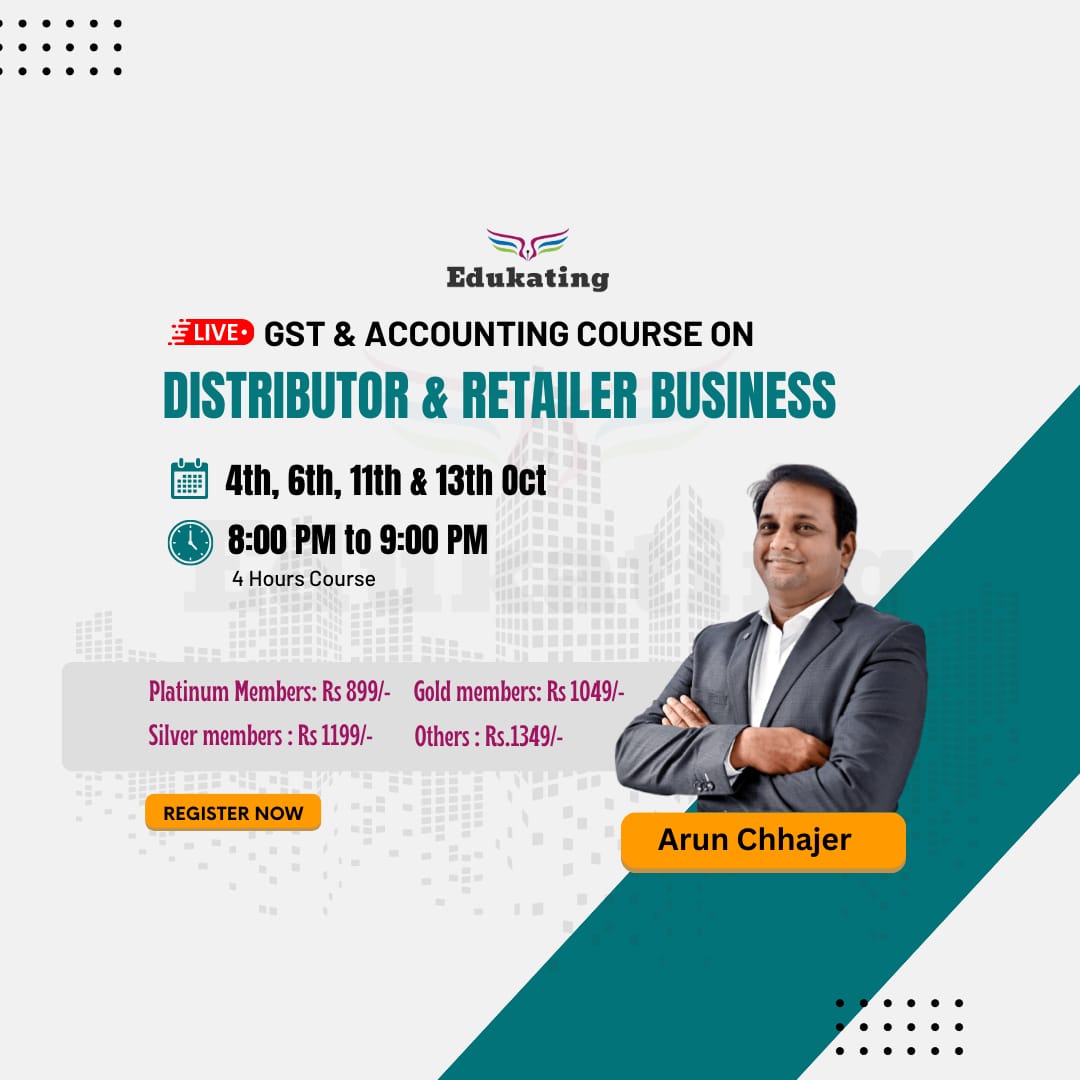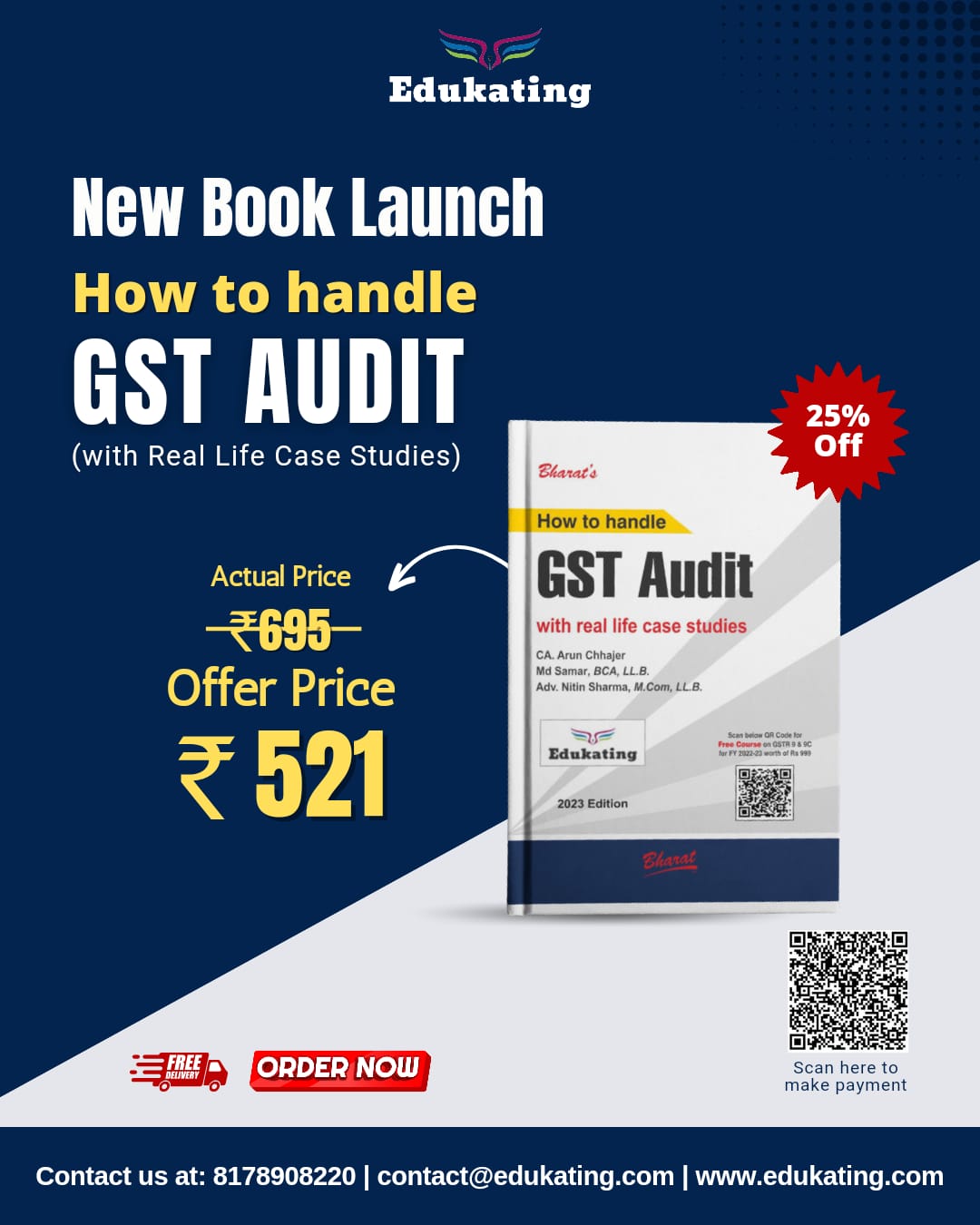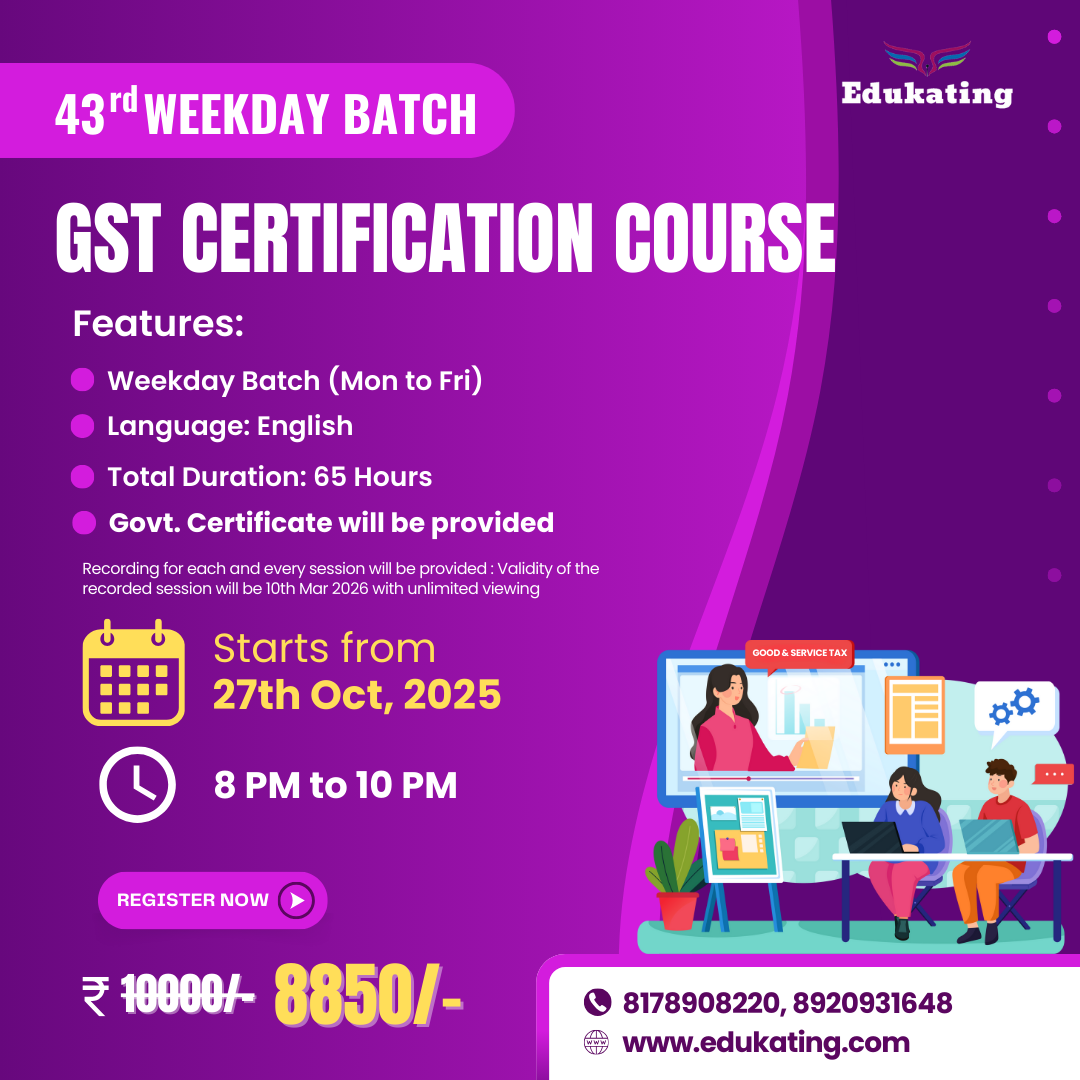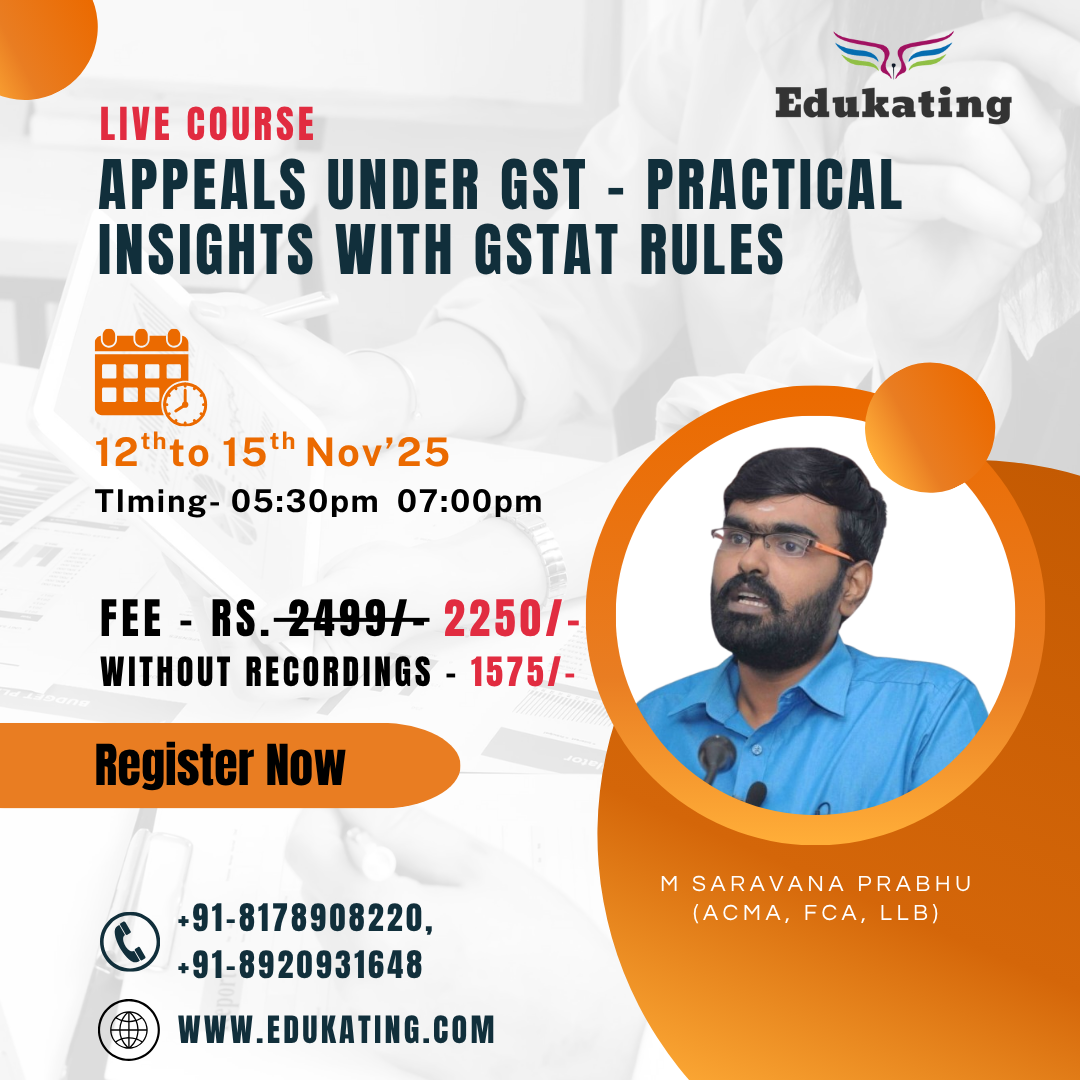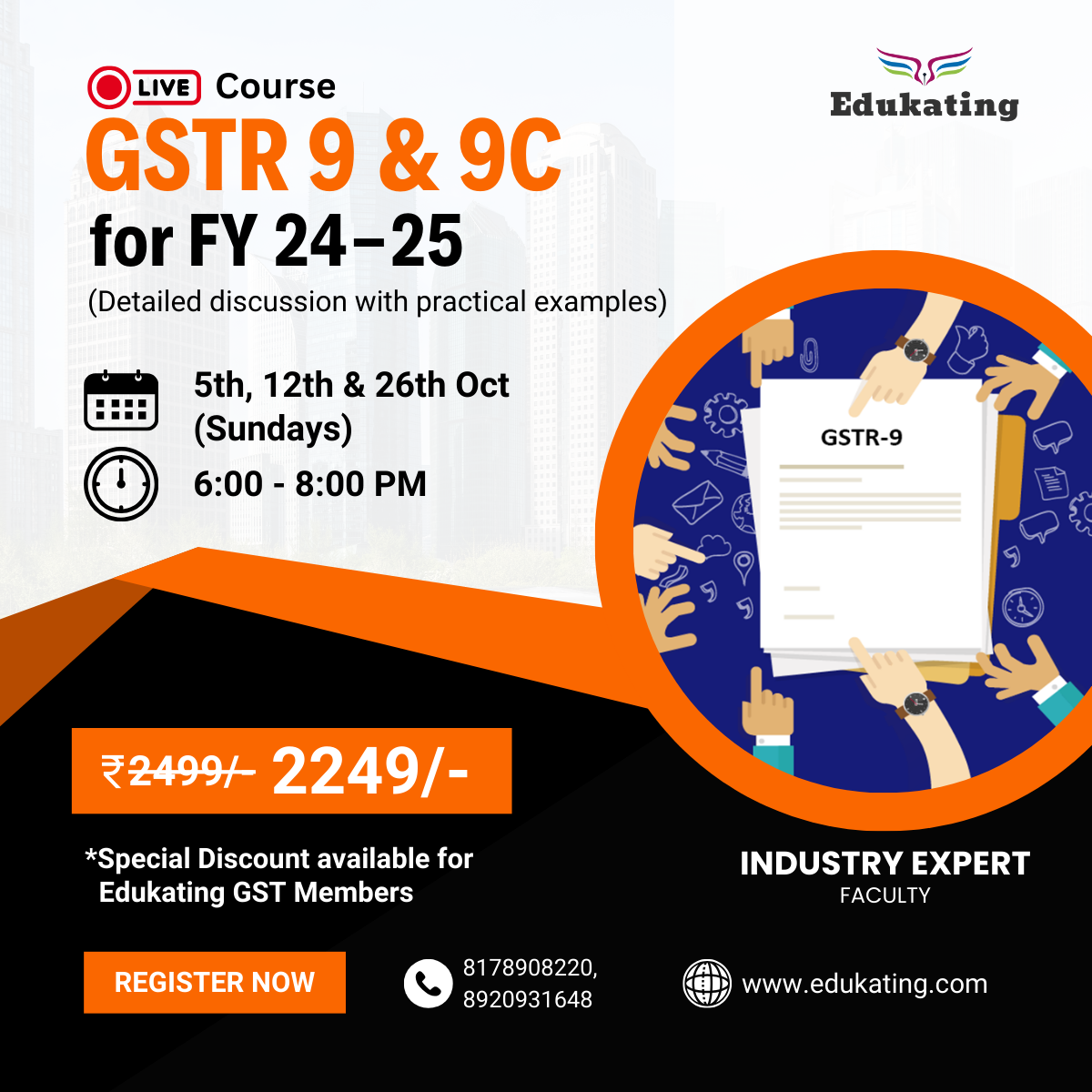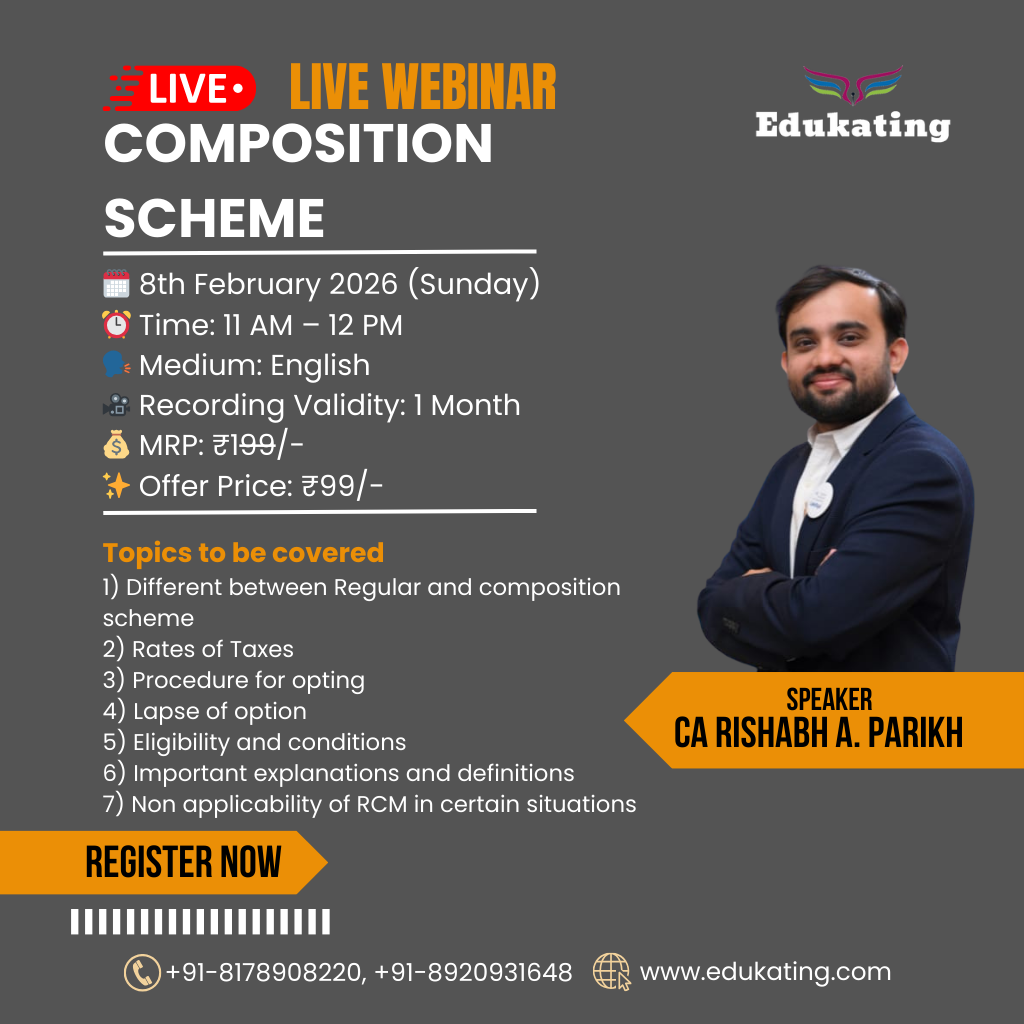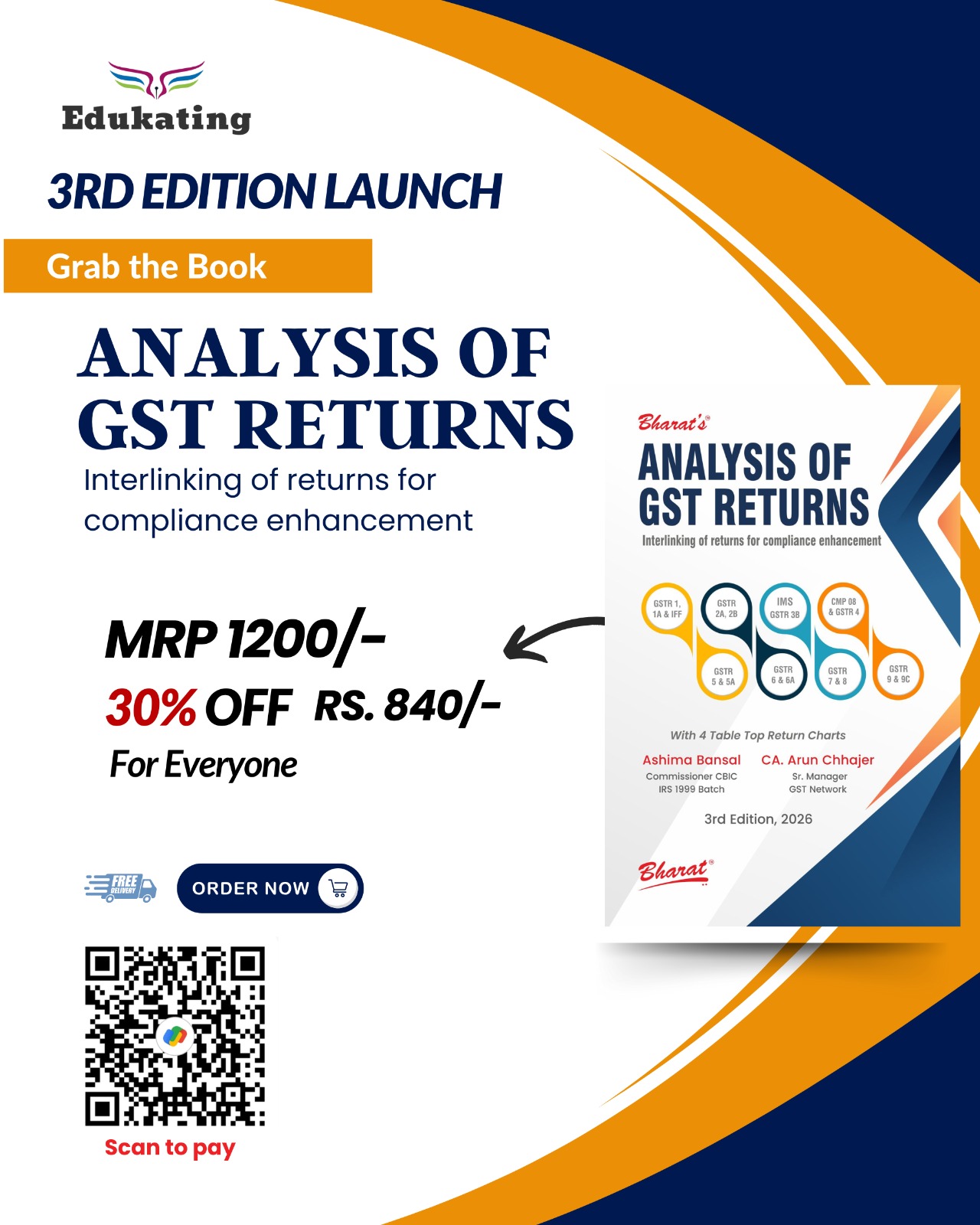CONCEPT OF AGGREGATE TURNOVER IN GST
As per GST law, “aggregate turnover” refers to the aggregate value of all taxable supplies (excluding the value of inward supplies on which tax is payable by a person on reverse charge basis), exempt supplies, exports of goods or services or both and inter-state supplies of persons having the same Permanent Account Number, to be computed on an all-India basis but excludes Central tax, State tax, Union territory tax, Integrated tax and cess.
Now, understanding the concept in simpler terms:
Aggregate Turnover in common terms means total sales volume of the business in the entire financial year i.e. April to March. Inclusions and Exclusions under aggregate turnover in GST is as follows
INCLUSIONS:
- Sale of taxable products and services.
- Sale of Nil rated and Exempted goods and services
- Zero rated supplies
- Sales made through Exports
- Any sales of goods and services on which the recipient is required to pay tax under reverse charge mechanism
- Any interstate supply to distinct person operating under the same Permanent Account Number (PAN).
NOTE: Turnover is calculated on PAN basis i.e. if a person is operating in 3 different states (having the same PAN), the total turnover of all 3 branches is considered for calculating aggregate turnover.
EXCLUSIONS:
- Value of inward supplies (Purchases) where you need to pay taxes on the basis of reverse charge mechanism.
- Integrated Goods and Services Tax (IGST)
- Central Goods and Services Tax (CGST)
- State Goods and Services Tax (SGST)/Union Territory Goods and Services Tax (UTGST)
- Any Cess.
Let's take an example:
Mr.X owns an agricultural farm in Rajasthan which has an annual turnover of Rs.1 crores. This business is under GST law. But he charges for the bags for the supplies of such produce. The turnover from the sale of such bags is Rs.6 lakhs which is taxable to GST. Should Mr.X register under the GST law?
The answer is YES. To determine if a person needs to register under GST, the aggregate turnover is taken into consideration and not the taxable turnover. Also, the agriculture estate is in Rajasthan which is a normal category state. Therefore, the total aggregate turnover of Mr.X is 1.06Cr (1 crore- exempted turnover, 6lakhs- Taxable turnover) which is greater than the threshold limit for GST registration of Rs. 40 lakhs.
IMPORTANCE AND RELEVANCE OF AGGREGATE TURNOVER IN GST:
- Determining the obligation of registration:
Any taxpayer whose turnover, in a financial year, surpasses INR 40 Lakhs in case of goods and INR 20 Lakhs in case of services (INR 20 Lakhs in case of goods and 10 Lakhs in case of services for special category states* and a normal state Telangana) needs to obtain GST registration in the States/UT’s where the individual supplies goods or services.
*List of special category states:
-
- Arunachal Pradesh
- Assam
- Jammu & Kashmir
- Manipur
- Meghalaya
- Mizoram
- Nagaland
- Sikkim
- Tripura
- Himachal Pradesh
- Uttarakhand
- Determining the threshold for opting of Composition Scheme:
Taxpayers with Aggregate Turnover less than 1.5 Cr (INR 75 lakh in case of supplies from special category states) can opt to pay a fixed rate as GST under the Composition Scheme.
- For calculation of Late Fee
- For calculation of limit for Annual Return i.e. GSTR 9 (any business whose turnover is more than 2 Cr in a Financial year)
- Applicability of E-Invoicing
- Eligibility of quarterly return filing under QRMP scheme.
- Compulsory HSN reporting in invoices and GSTR 1.
Note: The tax that is levied in Composition scheme is however calculated on the basis of turnover in state. Only the eligibility criterion for composition is decided on the basis of aggregate turnover.












